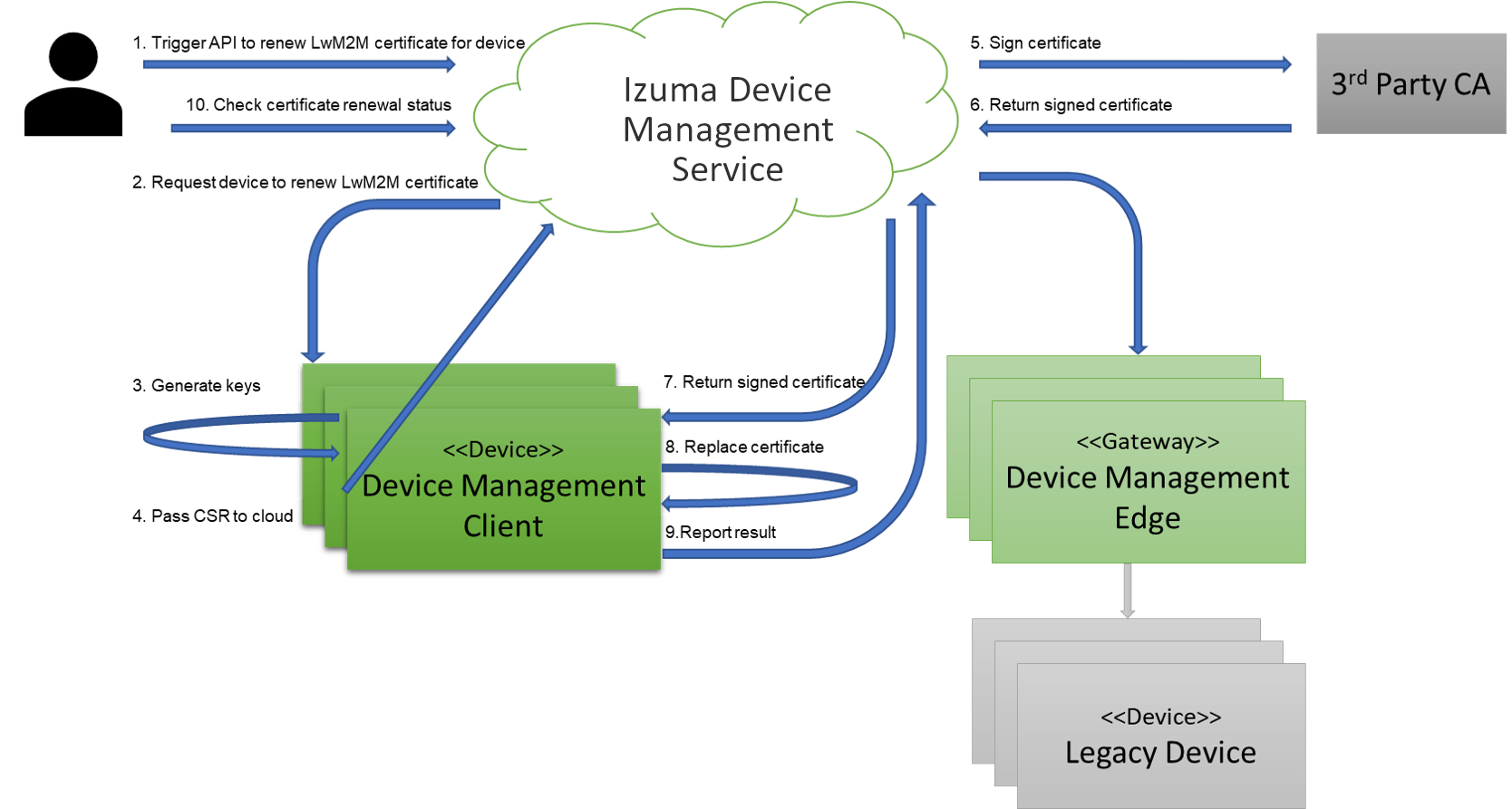Mastering Fire Safety Compliance: Renewals for US Companies
Mastering Fire Safety Compliance: Renewals for US Companies
Blog Article
Fire safety is a critical concern for any business operating in the United States.
We’ll explain why training matters, how to prepare for inspections, and what best practices help businesses stay compliant year after year.
Read on to discover how to navigate certification renewals with confidence.
The Importance of Workplace Fire Safety
According to the National Fire Protection Association (NFPA), thousands of commercial fires occur each year, causing billions in property damage and tragic losses of life.
Companies that prioritize fire prevention demonstrate responsibility, enhance employee trust, and maintain business continuity.
In the US, workplace fire safety is regulated by a mix of national standards (like NFPA guidelines) and local fire codes.
Understanding Fire Warden (Brigade) Training Requirements
This training is essential for ensuring that offices can respond quickly and safely if a fire breaks out.
Training requirements vary depending on local regulations, building size, and occupancy type.
Well-trained fire wardens not only enhance safety but also help organizations pass compliance inspections, reducing legal and insurance risks.
Steps to Pass Fire Safety Inspections
Certification often includes on-site inspections and review of safety documentation.
Check that all fire extinguishers are inspected and tagged, alarms are functioning, and exit routes are unobstructed.
Certification isn’t a one-time event—renewals are typically required every few years or after major renovations or occupancy changes.

How to Keep Your Office Fire-Safe Every Day
US offices that prioritize ongoing safety measures are less likely to face emergencies and better prepared when incidents occur.
Regular maintenance is critical: schedule monthly checks on fire alarms, smoke detectors, sprinkler systems, and extinguishers.
When fire safety becomes part of the daily routine, employees are more confident, better prepared, and less likely to panic during a real event.
Legal and Insurance Implications of Fire Safety Compliance
Beyond regulatory penalties, companies may face reputational damage, employee distrust, and operational disruptions.
Insurance coverage is also tied to compliance.
By prioritizing fire safety, businesses demonstrate responsibility and reduce the risks of costly legal and financial setbacks.

Final Thoughts on Office Fire Safety
Whether you run a small office or a large corporate campus, robust fire safety strategies are a non-negotiable part of doing business.
Fire safety readiness is a powerful signal of professionalism and care.
With the right approach, your company can navigate challenges confidently and ensure a safer, more secure future for everyone.
Your Questions Answered: Fire Safety in US Businesses
Do all staff need fire safety training?
Larger offices may require multiple wardens to cover all floors or departments.
What is the renewal period for fire safety compliance?
Some certifications also need updates after renovations, equipment changes, or occupancy shifts.
What triggers most workplace fires in the US?
Routine inspections and employee awareness help prevent these hazards.
How does fire safety affect insurance coverage?
Insurance companies often require proof of fire safety compliance, including certifications, equipment maintenance, and training records.
What elements make up a solid fire emergency plan?
Drills and refresher training help keep the plan effective and actionable.
quem precisa de brigada de incêndio prevenção de incêndio Report this page